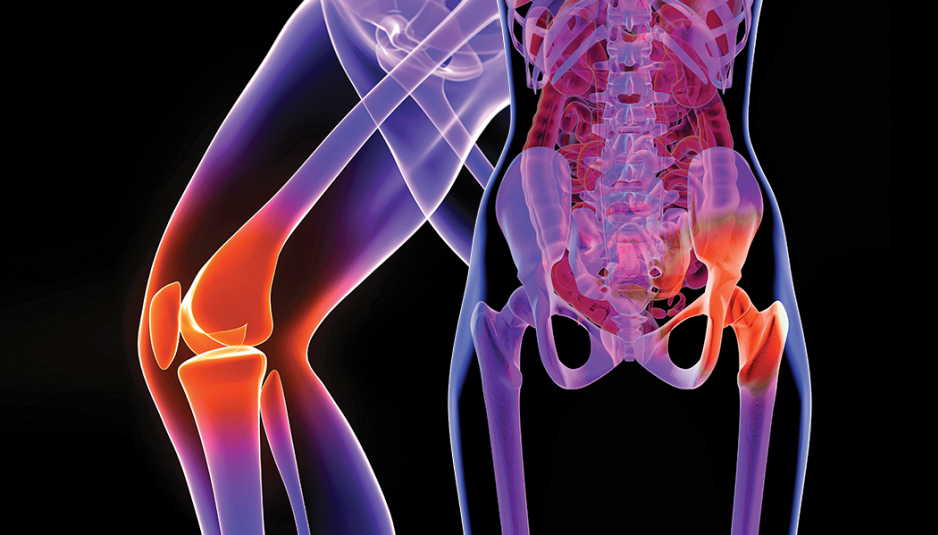While once considered high-tech, over the years, joint replacements have become very common.
Statistics show that at least more than a million hip and knee replacement surgeries are performed each year in the U.S. alone.
No doubt about it, hip and knee replacement operations can be life-changing.
Studies show that a whopping 90 percent of patients who have undergone joint replacement surgery report significant pain relief and enhanced mobility.
However, when is hip and knee replacement necessary?
Some of the key criteria surgeons often take into account include the following:

- Deformity – when your leg becomes bowed or severely swollen.
- Stiffness and pain – joint replacement is often the recommended option for those who experience severe pain and are no longer able to carry out normal daily activities like climbing the stairs, walking, or getting up from a chair.
- Poor quality of life – apart from the pain, surgeons would need to consider if your joint problems already affect your quality of life. Do you find yourself being limited by the affliction? Does it affect your mood?
- Bone damage – severe joint damage secondary to osteoarthritis or other conditions.
Given that you meet the requirements for hip and knee replacement, there are still factors you need to consider to gauge if surgery would be right for you.
Check if you have made the right decision by asking yourself the following key questions:
Have you tried all the other less invasive options? Make no mistake about it, joint replacement surgeries are not only deemed common nowadays but effective and safe as well.
One of the downsides however is there would be risks involved and of course recovery time can take months. As a general rule of thumb, it would be best to try all the nonsurgical options available first and consider surgery as your last resort.
Do you have help while recovering? Recovering from joint surgery on your own can be very challenging, if not impossible. At the very least, you would be needing help preparing food, moving around, changing your bandages, and getting dressed especially during the first few weeks.
If you don’t have close friends or family members who can assist you, it would be imperative to check for rehab facilities beforehand so you’ll get all the assistance you will need while you recover.
Are you willing to make changes? To achieve optimum results, you would need to be dedicated to making the necessary changes. That means you are disciplined when it comes to eating healthier, losing weight, exercising more, and living a healthier lifestyle.
While joint replacement surgery is an option available at your disposal, it is not a good alternative under the following scenarios:

- Other health issues. If you have a history of strokes, heart attacks, and uncontrolled diabetes, your risk of complications is undoubtedly higher. In addition, those who are obese will most likely be required to lose weight before the surgery.
- If you have a recent body infection, joint replacement surgery is considered a no-no. This is done to avoid the infection from spreading to the area of the joint after surgery or even months later. When infection spreads, it can result to more serious issues which might even require further surgery.
- Cause of pain. Understandably, the surgeon must make sure the source of the pain is really the joint damage. Keep in mind that there are other possible reasons for pain in the hip or knee that and joint replacement surgery might not be the answer.
Hip and knee replacement surgery can affect your life profoundly. Given that it is the right option for you, you can look forward to enjoying restored freedom of movement and a better quality of life.

Karen is a health blog author who has been writing about healthy living since 2013. She started her journey by adopting a vegan diet and eating only organic foods, but the more she learned, the more she realized that we should all be eating plant-based diets exclusively. As an expert in nutrition and wellness, Karen blogs to educate readers on how they can live happier and healthier lives through food choices!











